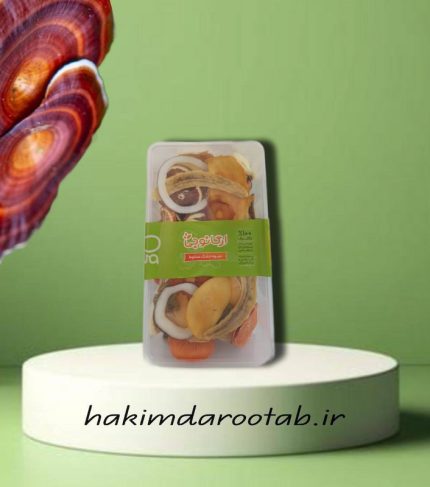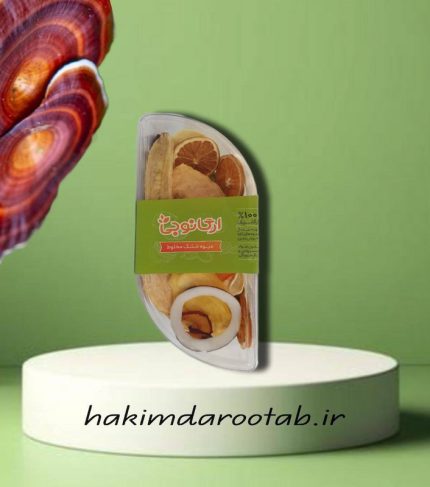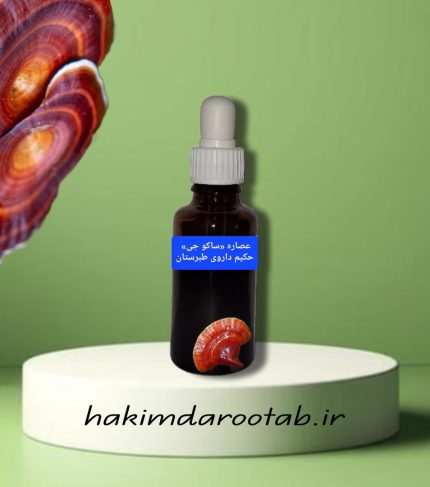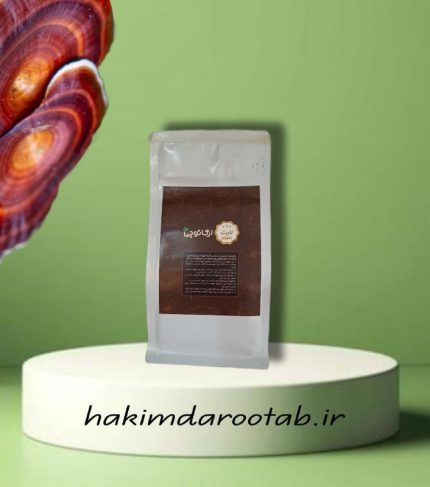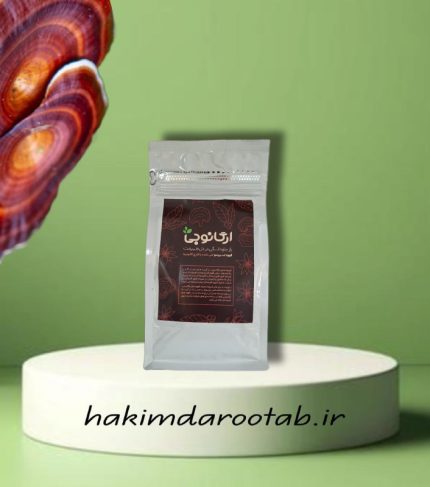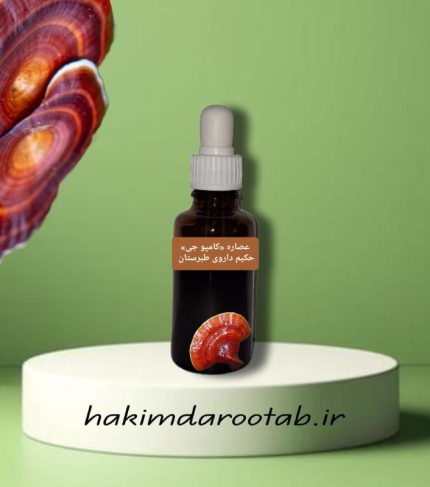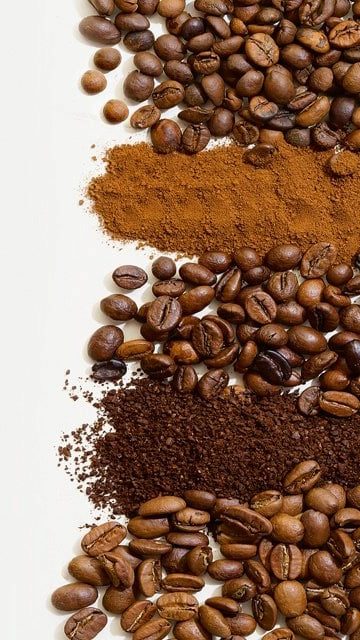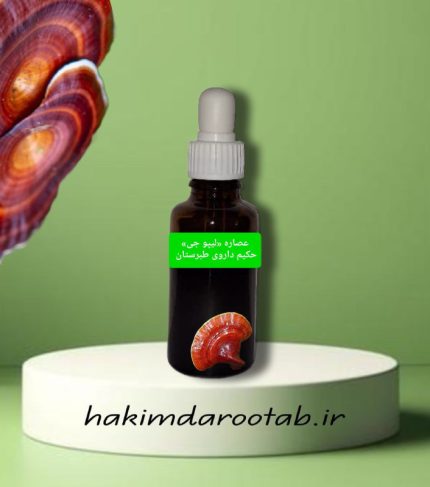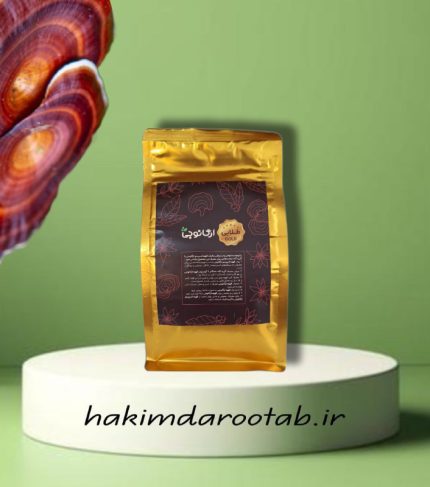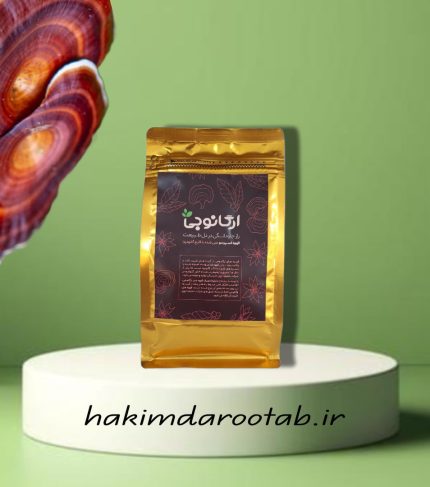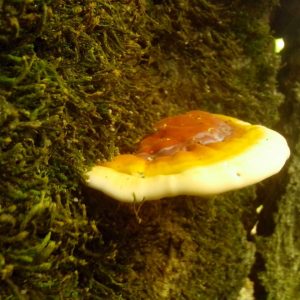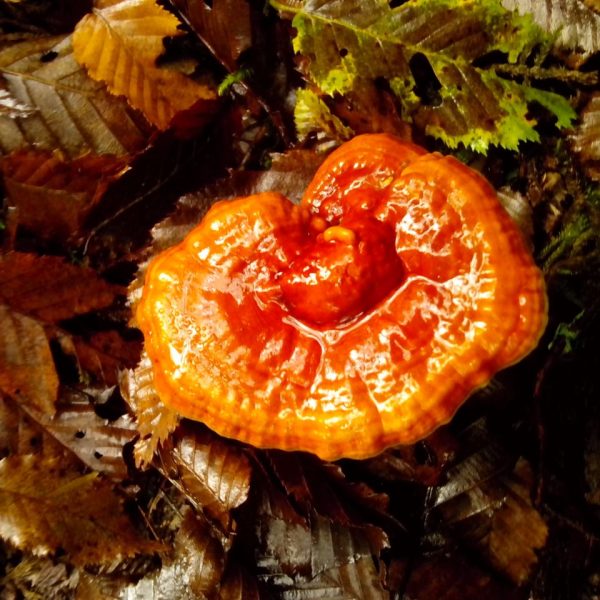The secret of immortality from nature!
The medicinal mushroom species “Ganoderma lucidum”, with a history of use spanning over four thousand years, has been recognized in traditional Chinese medicine texts as the “Mushroom of Immortality” and the “King of Medicinal Plants.” This mushroom has held great esteem in Chinese culture and mythology as a symbol of beauty and immortality. In ancient times, only a select few individuals, including royalty and physicians, were permitted to harvest and consume it. Today, the enriched and highly beneficial products of “Hakim Darooye Tabarestan”, under the Organogi brand, bring this gift of immortality to you.
The power of nature in Organogi extracts
Ganoderma mushroom is one of the strongest natural antioxidants. Organogi extracts contain triterpenoids and polysaccharides from the medicinal “Ganoderma lucidum” mushroom, which, according to credible scientific sources, are used as dietary supplements to boost the immune system and manage or treat a wide range of conditions, including genital warts, polycystic ovaries and breasts, diabetes, psoriasis, vitiligo, as well as cancer and reducing the side effects of chemotherapy and diabetes. Organogi products are formulated and personalized for easy and cost-effective use.
Experience relaxation with every cup of Organogi drinks
Organogi beverages are crafted using the finest raw materials of the highest quality and standards to ensure comfort and ease of consumption. The coffee in our products is sourced and processed from the best coffee varieties in the world. The authentic taste of coffee, combined with the life-enhancing Ganoderma extract, delivers a magical and memorable experience for you every day. The various enriched herbal teas from Organogi, containing effective and standardized doses of “Ganoderma lucidum” extract, are a gift from Hakim Darooye Tabarestan to enhance your quality of life, health, and vitality.
Organogi herbal teas
Drinking our teas is a bridge to freshness!

Discover the wonderful world of medicinal plants!
The properties of medicinal plants are not ineffective.
Organogi coffees
Start your daily energy with the pure taste of coffee!
Functional Espresso Coffee, Light Grade
لطفا تماس بگیرید.Functional Espresso Coffee, Gold Grade
لطفا تماس بگیرید.Q&A
The medicinal mushroom Ganoderma lucidum has long been known in traditional Chinese medicine as the “king of medicinal herbs,” and it is mentioned in ancient texts as being capable of treating over twenty different diseases. In modern medicine, various extracts of this mushroom have been used to treat conditions such as cancer, multiple sclerosis (MS), AIDS, hepatitis, genital warts, psoriasis, vitiligo, and diabetes. Over two thousand clinical studies, involving several thousand participants, have been conducted worldwide on its effects in cancer prevention and treatment. Additionally, for centuries, the people of Tibet have used it in the form of “Sherpa tea” to alleviate the symptoms of altitude sickness and hypoxia. Other benefits of Ganoderma lucidum include reducing fatigue and oxygen deficiency caused by chemotherapy, among others.
Except for children, pregnant women and people with open wounds, everyone can use Ganoderma.
In the United States, Ganoderma supplements are used to reduce the side effects of chemotherapy and radiation therapy for various cancer patients. The compounds in Ganoderma help alleviate fatigue and oxygen deficiency caused by chemotherapy, as well as enhance the immune system’s strength.
Based on several clinical studies conducted on individuals at high risk for breast cancer in China and the United States, the effectiveness of the medicinal mushroom Ganoderma has been found to be over ninety percent. Those who were at risk for the disease either did not develop cancer at all or experienced very mild conditions.

